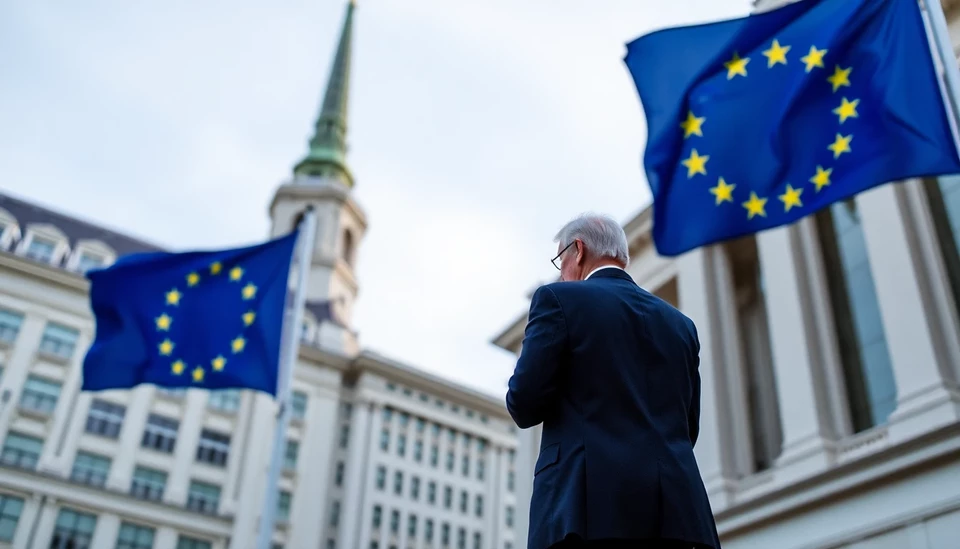
As discussions intensify regarding a potential return of Donald Trump to the White House in the upcoming U.S. presidential election, European financial markets find themselves on high alert. Central banks across Europe are contemplating a series of interest rate reductions, preparing for the economic fallout that a Trump presidency could entail.
With the prospect of Trump's policies resonating globally, European investors and economists are strategizing their next moves. Many analysts believe that a renewed Trump administration might prompt economic uncertainty and volatility, spurring European leaders to adjust monetary policies preemptively. This preemptive measure is being interpreted as a means to stabilize their economies and maintain competitiveness in light of a potentially shifting geopolitical landscape.
Recent economic indicators suggest that the European economy, though currently grappling with inflation, might benefit from a loosening of monetary policy. The European Central Bank (ECB) faces the dilemma of balancing inflation control while ensuring growth isn’t sacrificed, especially with uncertainties regarding U.S. foreign policy and trade relations that could pivot under Trump.
In the past, Trump's administration was characterized by isolationist tendencies and aggressive trade policies that rattled global markets. Analysts worry that his return could reignite trade tensions not only with Europe but with other economic powerhouses. Consequently, European central banks are keen on adopting strategies to mitigate these risks, including lowering interest rates to encourage borrowing and investment.
Furthermore, as European central banks look toward potential rate cuts, forecasts indicate a more expansive monetary policy might emerge. This realignment could lead to enhanced liquidity within the markets, providing an essential cushion against external economic pressures that may arise from a Trump-led U.S. administration.
Speculative discussions surrounding Trump's leadership have already begun influencing economic sentiments. Markets appear to be pricing in the risks tied to this political uncertainty. European leaders are acutely aware of the impact that U.S. elections can have on their economies and consequently are preparing themselves for a variety of scenarios, including the financial ramifications of Trump's policies.
In conclusion, as Europe braces for the potential of another Trump administration, central banks are not sitting idly by. The inclination toward lowering rates signals a strategic move to ensure economic stability and confidence amidst the turbulence that might accompany a shift in U.S. leadership. As the election approaches, the global financial community will be watchful and ready to react to any developments in this narrative.
#Europe #InterestRates #Trump #EconomicPolicy #EuropeanCentralBank #FinancialMarkets #GlobalEconomy #MonetaryPolicy
Author: Laura Mitchell




